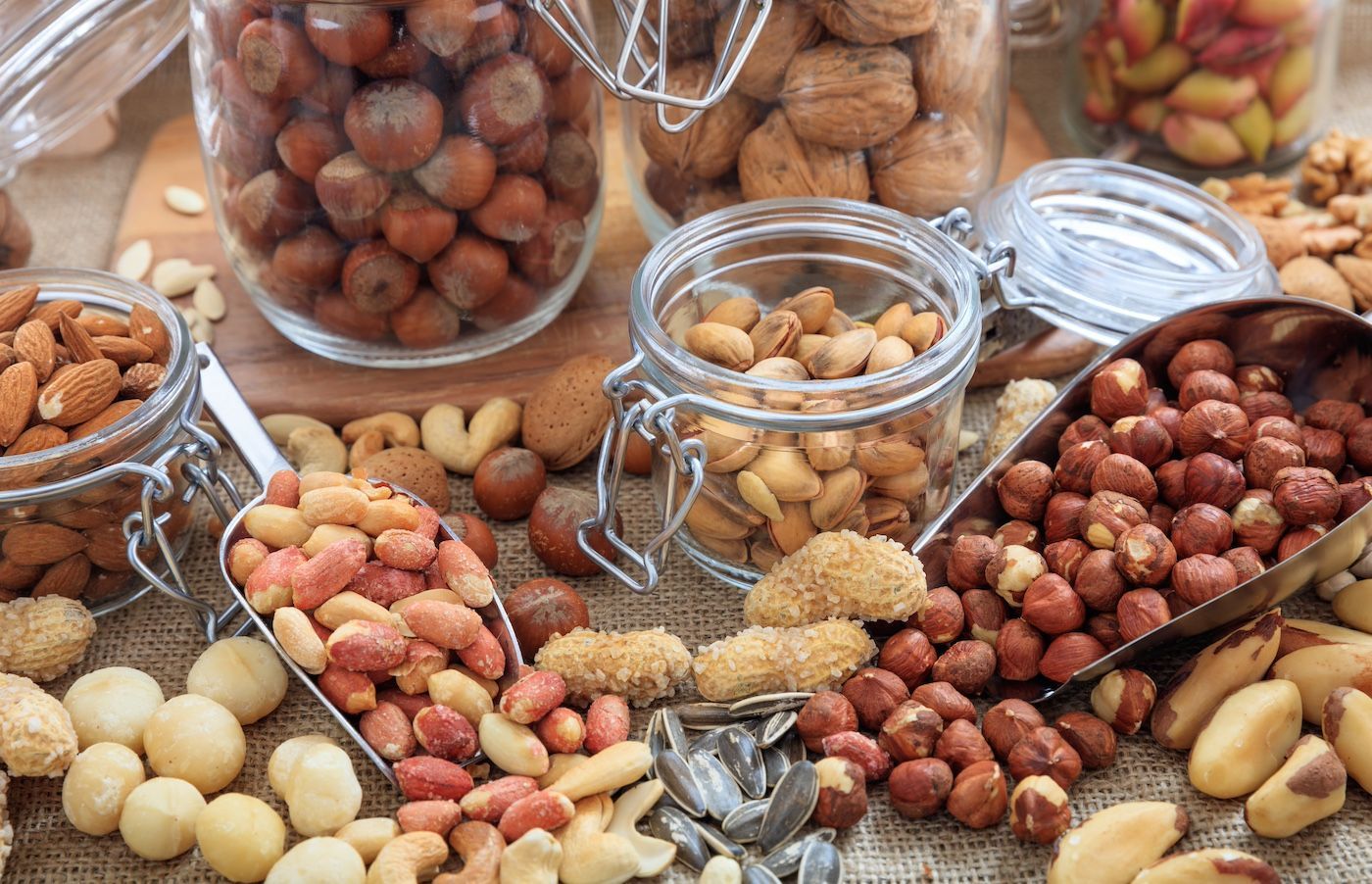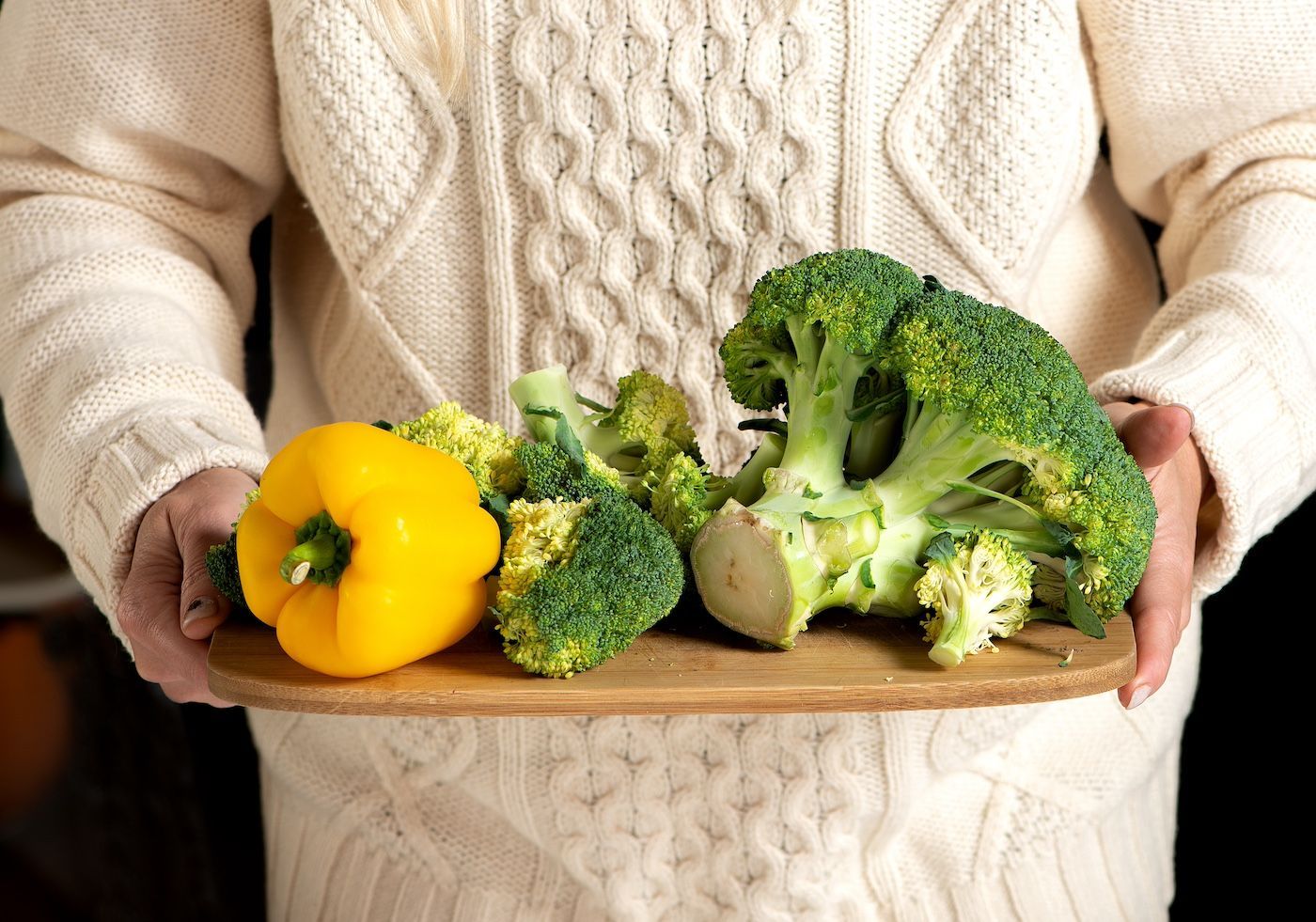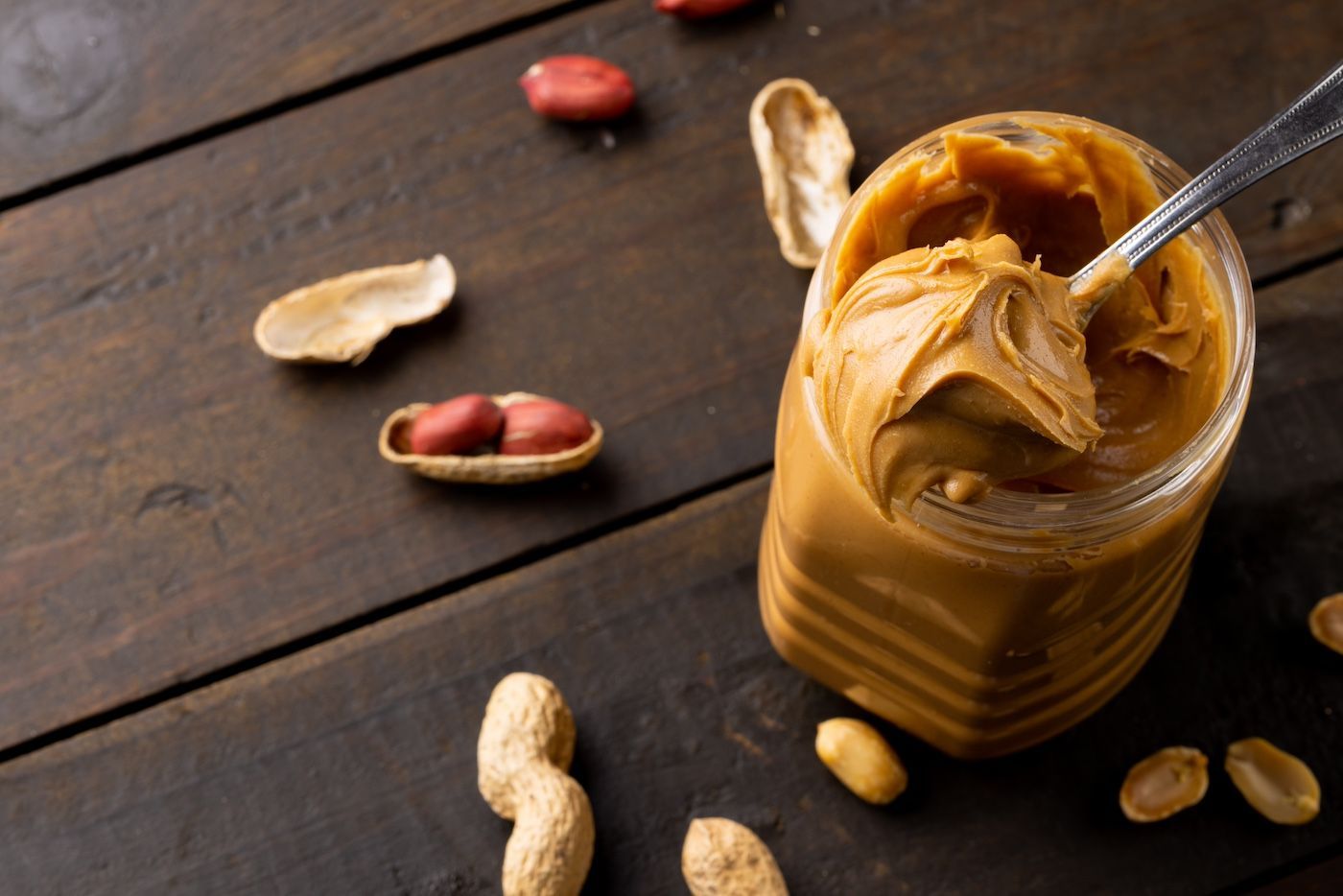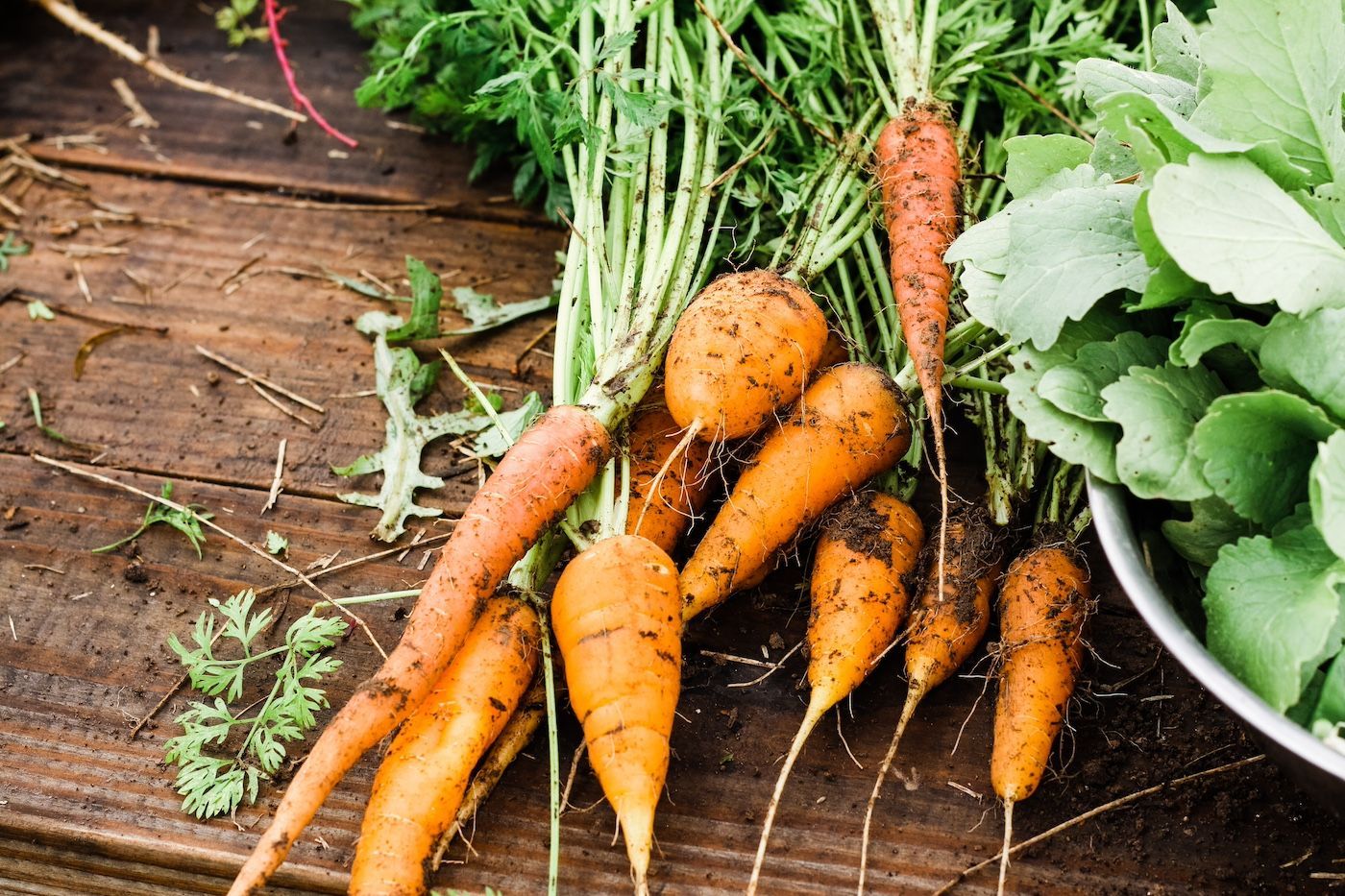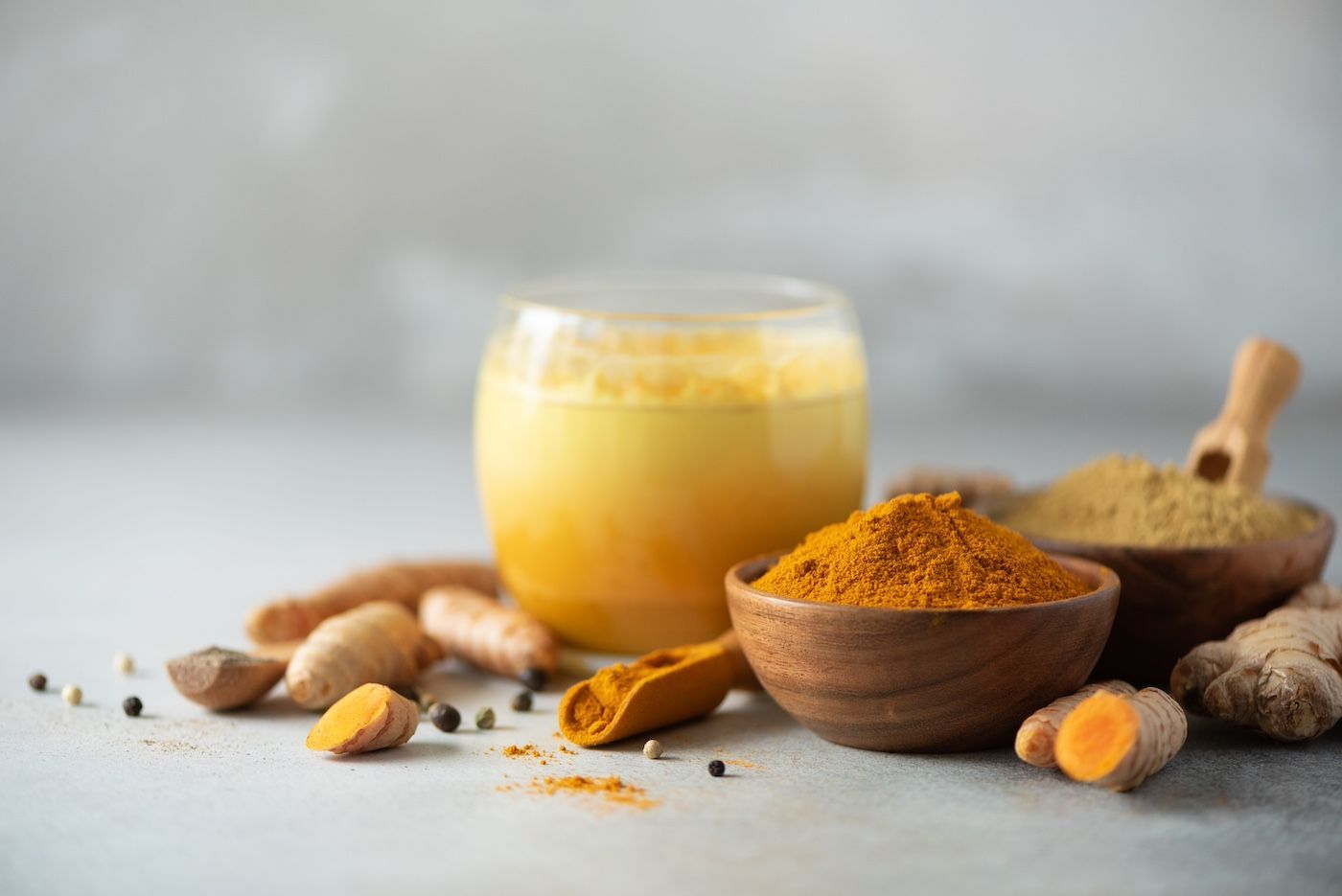Chews Your Health
Prebiotics

What are PREbiotics?
PREbiotics are a type of insoluble fiber that travels through the gut without being completely broken down.
Prebiotics are fermented in the colon by microflora (bacteria and microorganisms that live in the digestive tract) and are used for food for PRObiotics (“good” bacteria found in the gut).
What do PREbiotics do?
Used as “fuel” for probiotics
Along with probiotics, maintain balance in gut health: keep “bad” bacteria down and “good” bacteria up.
Gut and mental health go hand in hand: when the gut is functioning properly, normally your sleep improves, which in turn improves cognitive ability and the reduction of stress and balance of hormones.
Other benefits of prebiotics include:
Reduced risk of autoimmune diseases and colon cancer
Prebiotics help increase the absorption of nutrients, which can build up the immune system
Regular bowel movements
Can help to treat diarrhea, IBS, and leaky gut
Reduced inflammation throughout the body
A high fiber diet can reduce allergic reactions
An healthy digestive tract can metabolize and correctly store fats, including in the arteries, reducing the risk of cardiovascular disease
Prebiotics can also help maintain a healthy blood pressure, due to balancing effects of electrolytes, like potassium, and minerals.
Reduced risk of obesity
Prebiotics are found in fibrous foods which increase the feeling of satiety
What are the best sources of PREbiotics?
Raw garlic, jicama, asparagus and leeks
Jerusalem artichokes
Raw or cooked onions
Raw honey
Whole grain unprocessed wheat
Chicory root (found in some coffees, and teas)

